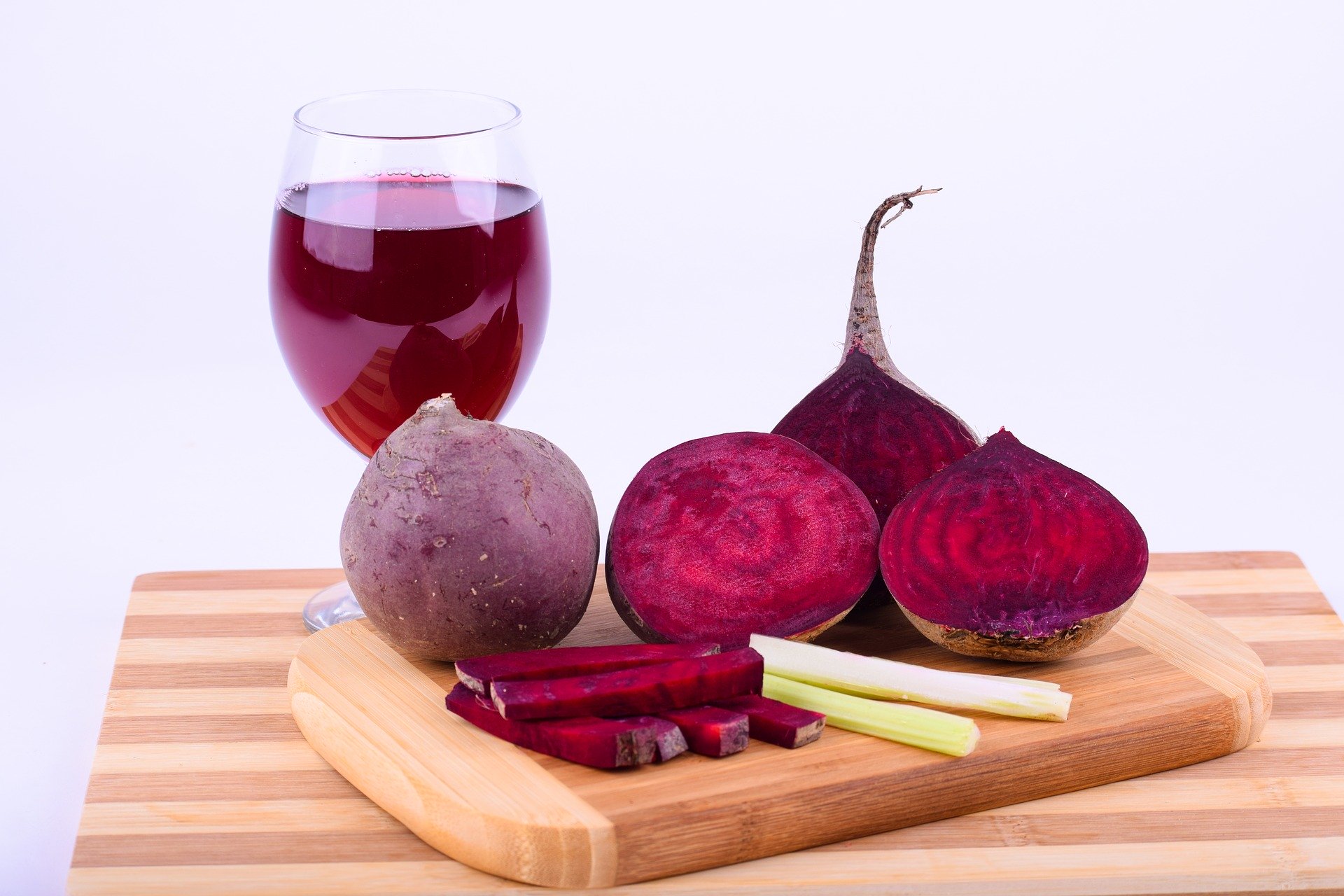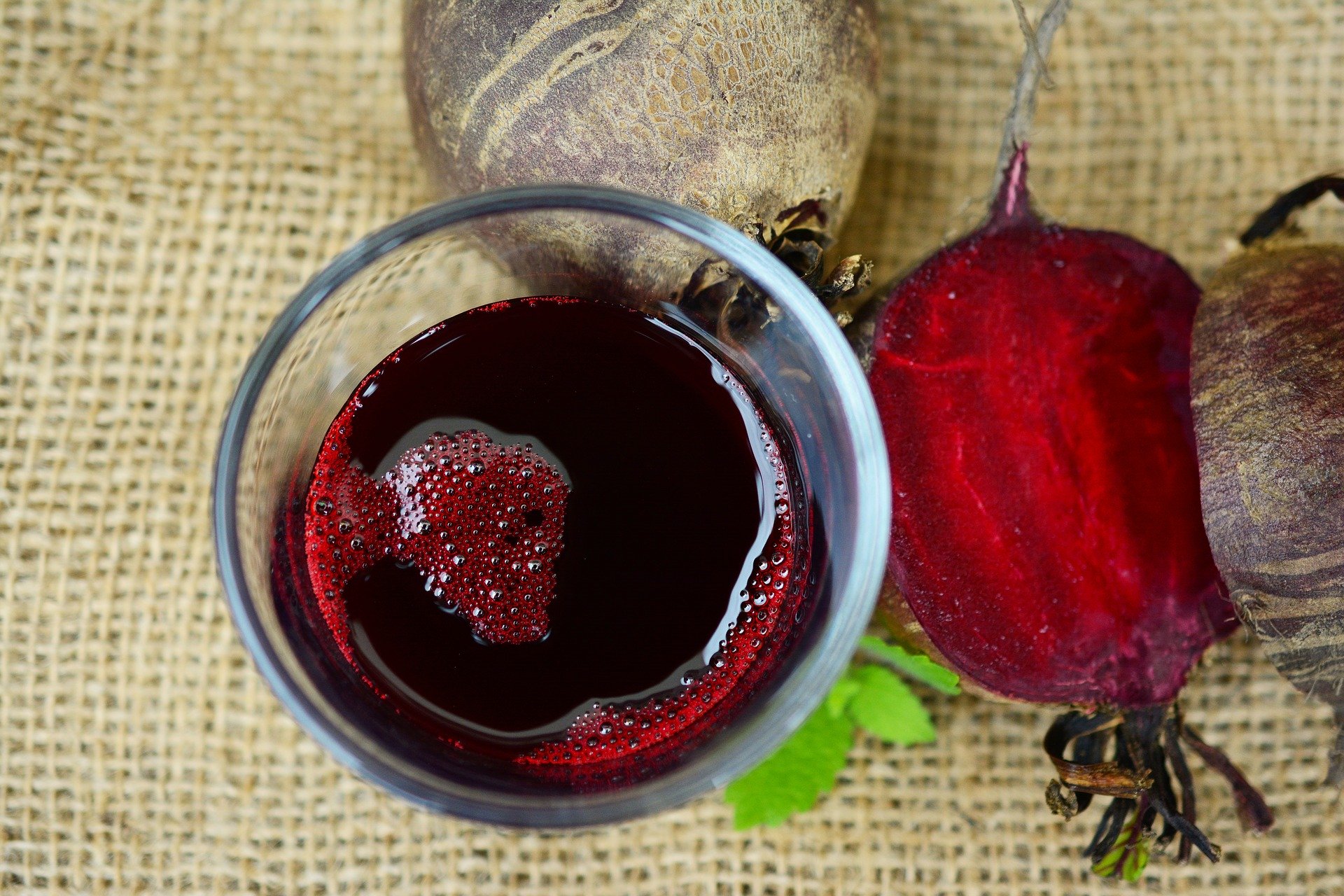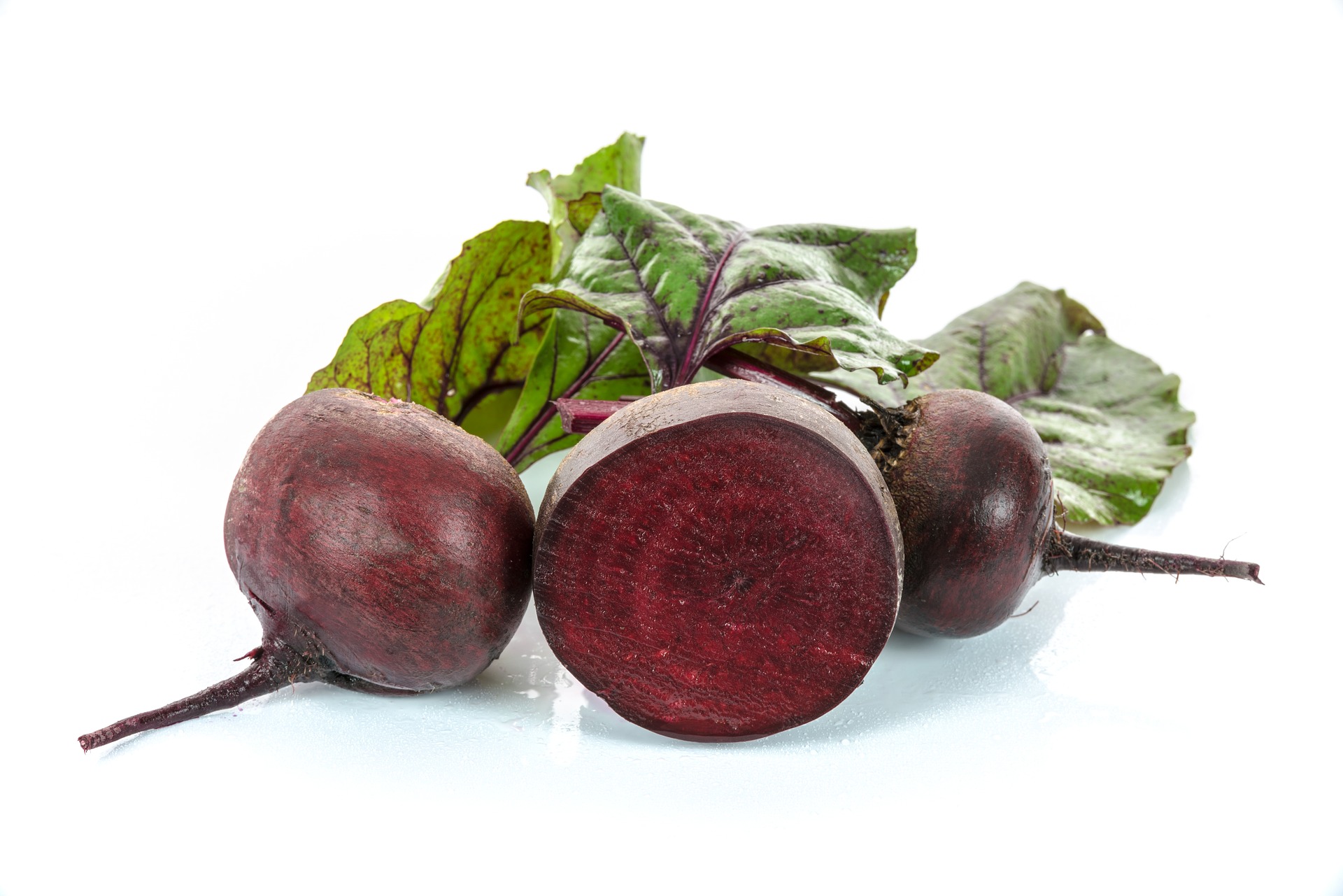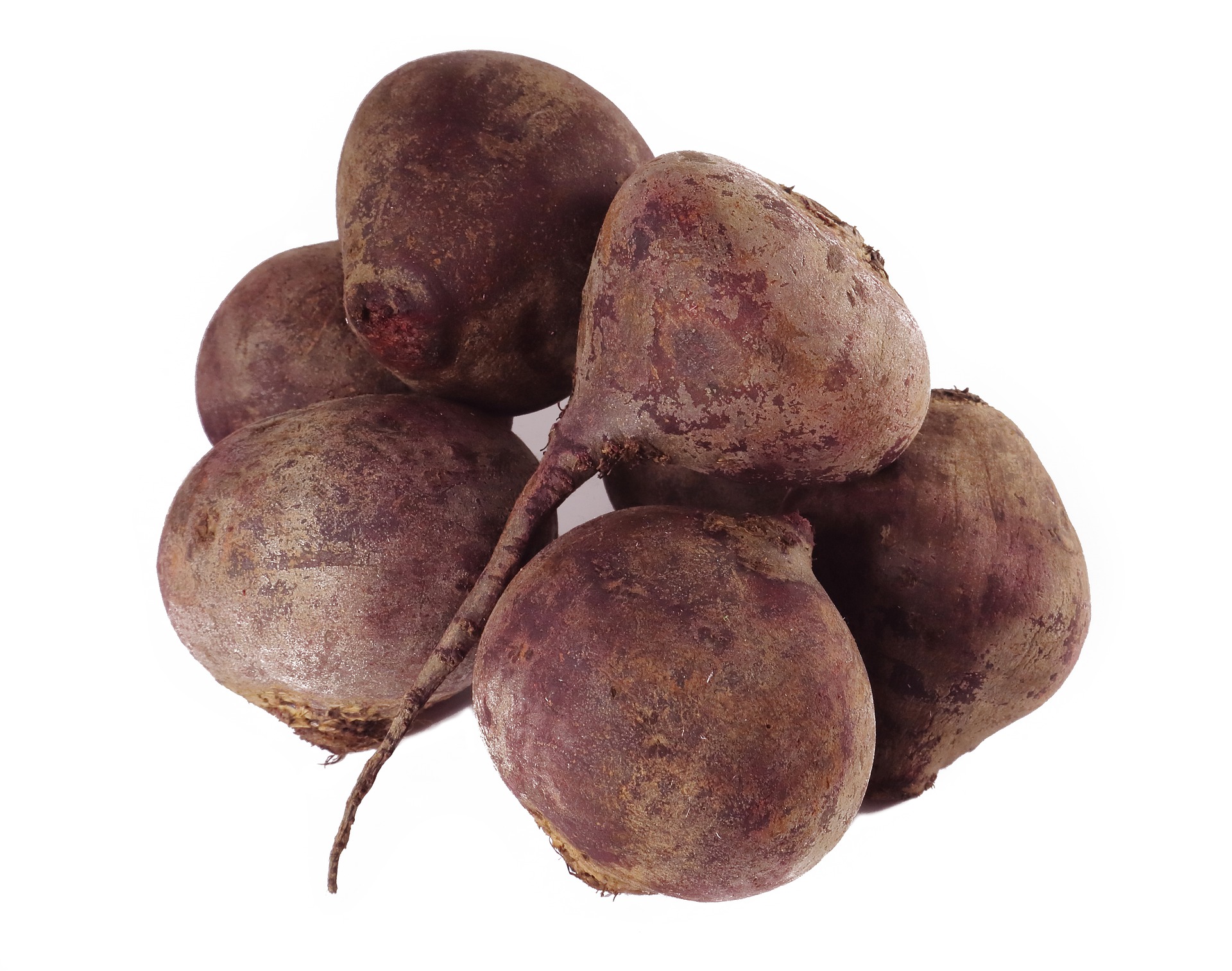
Beets are nutritious and tasty, versatile enough to be eaten alone or as a tasty addition to salads, juices or sauces. If you don’t mind the taste, beets have a different earthy quality. There are also ways to disguise the taste while still enjoying the benefits. And as we will explain, there are many reasons to make beets a daily habit.
First, beets (the red onion under the green sprout and leaves) have a lot of vitamins and minerals, but few calories. It is particularly rich in folic acid and manganese, but also contains a good amount of potassium, magnesium, phosphorus, vitamin C, vitamin B6 and iron. Each 3.5 ounce serving contains approximately 1.7 grams of protein and 2 grams of fiber for just 44 calories.
But nutrition is just the beginning. We’ve looked into what can happen to your body if you eat a few beets every day, and it’s really exciting. From disease prevention to weight loss, there is no shortage of compelling reasons to try.
We think you find # 2 particularly interesting.
1. Healthy Blood Pressure Levels

High blood pressure is a leading indicator of potentially fatal events such as a heart attack or stroke. And the even more scary news is that hypertension tends to be asymptomatic until something bad happens. That is why foods that can lower blood pressure are important every day. Beets have been shown to lower blood pressure by 4 to 10 mmHg a few hours after consumption.
The effect was attributed to high nitrate levels in beets. During digestion, nitrate in the food is converted into nitric oxide, which widens the blood vessels and improves blood circulation. The effects are only temporary and last about six hours after consumption. This is another important reason to eat beets every day.
2. Better Athletic Performance

Athletes have known the energy-improving effects of beets for a long time and often eat them before a big event. Many studies show that nitrates in beets improve the efficiency of mitochondria, the energy production center of your cells. Beets are also believed to improve the way the body uses oxygen by up to 20%.
Athletes who participated in studies on the effects of beet juice were able to significantly improve their performance and extend their time to exhaustion. Blood nitrate levels peak 2 to 3 hours after eating beets. This is your best chance to eat them if you want to improve your athletic performance.
3. Reduced Inflammation

General inflammation is a factor in almost all diseases known to humans, but chronic inflammation is particularly associated with diseases such as arthritis, cancer, obesity, heart disease and liver disease. Beets reduce inflammation caused by red pigments, so-called betalaine. Whole beets and beet juice have been shown to reduce kidney inflammation in rats.
In people with osteoarthritis, study participants who received Betalaine capsules from beets reported a reduction in pain due to the disease. Additional human studies are needed to get more information, but the initial results convincingly combine betalain in beets with a reduction in chronic inflammation.
4. Better Digestive Health

Dietary fiber is an interesting part of a healthy diet because our body urgently needs it, but it doesn’t really digest it. Instead, fiber adds volume to the stool, which helps your body get rid of it, or feeds on the good bacteria that live in the gut and digest the rest of the food.
If you include enough fiber in your diet, you can prevent symptoms such as constipation, inflammatory bowel disease and diverticulitis. It is also believed to reduce the risk of type 2 diabetes, heart disease, and colon cancer for life. At 3.4 grams per serving, beets are an excellent fiber source.
5. Greater Mental Acuity

Everyone knows that cognitive function naturally decreases with age. The extent to which this happens is largely under our control. Of course, you can’t fight genetics, but proper nutrition can help keep your mind sharper. Nitrates in beets are believed to improve cognitive abilities by dilating blood vessels and increasing blood flow and brain oxygen levels.
Studies show that the effect is particularly observed in the frontal lobe, which is responsible for decision-making and working memory. According to at least one study, eating beets regularly can also improve your response time. It remains to be seen whether beets can reduce the risk of dementia in the elderly, but some are worth reducing for daily mental clarity.
6. Weight Loss

Losing weight is a complicated thing. In the end, no fad diet allows you to lose pounds and keep it off. This can only bring about a change in your general diet that is sustainable for the rest of your life. And until you reach your target weight, you need to consume fewer calories than you burn.
Here, beets can be useful because they contain a lot of water and few calories, but offer an important diet. Dietary fiber in beets can be particularly beneficial because it promotes satiety (fullness and satisfaction) after meals.
Conclusion

If you want to add more vegetables to your diet, but you’re wondering which one brings you the most for your money on the diet, add beets to the list! If you consume at least one serving of beets every day, you’ll think more clearly, perform better on physical tasks, and lose your waist to get started. Beet eating has also been associated with a lower risk of terrible diseases such as cancer, diabetes and heart disease.
Beets are good raw or cooked, whole or in juice. If you are not interested in the taste of beets, cooking can minimize that characteristic taste. However, if you cook them, avoid cooking, as healthy nitrates are water-soluble and can mostly end up in the cooking water. The taste of beets is also largely obscured when the juice is added to pancakes or pancake batter, even biscuit dough.
What are you waiting for, with all the underhanded ways to consume more beets and the health benefits associated with them? Get your beets today!

